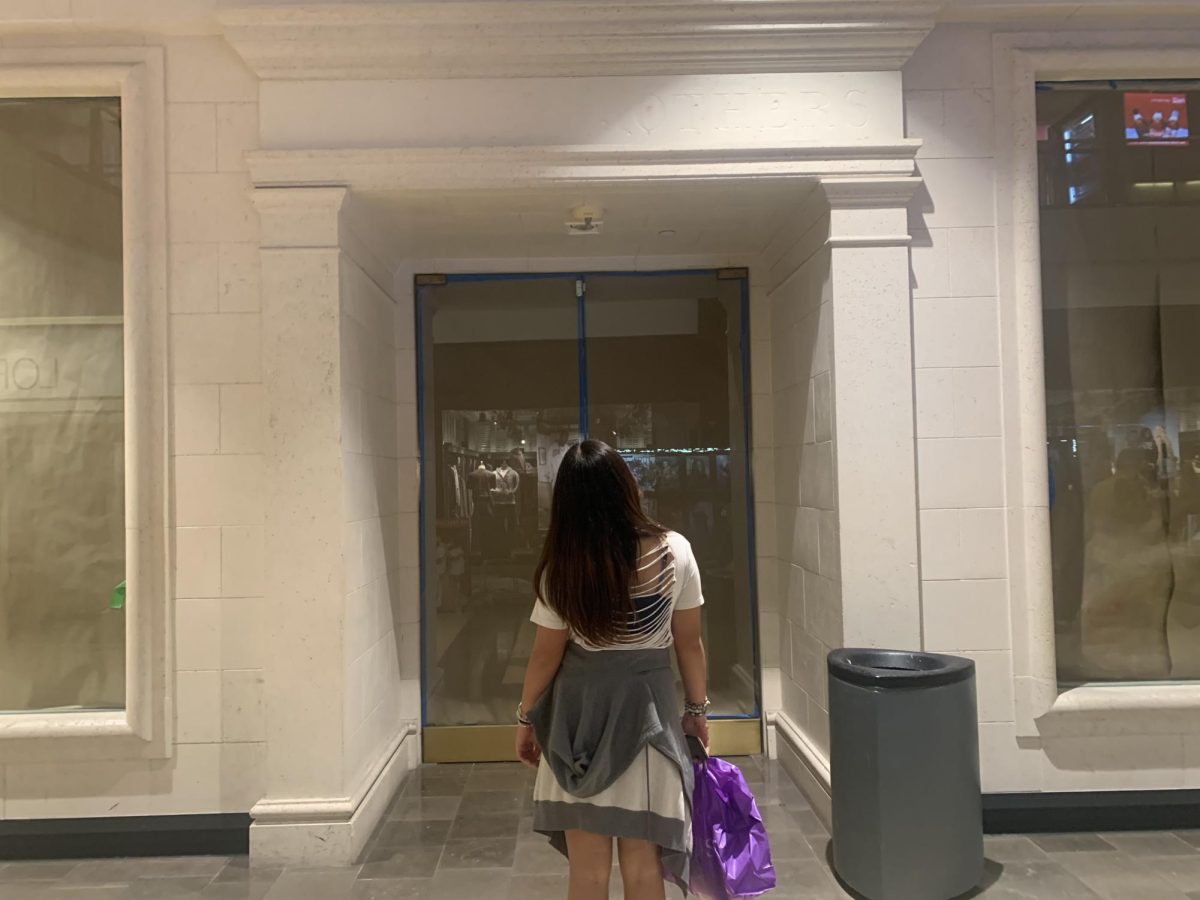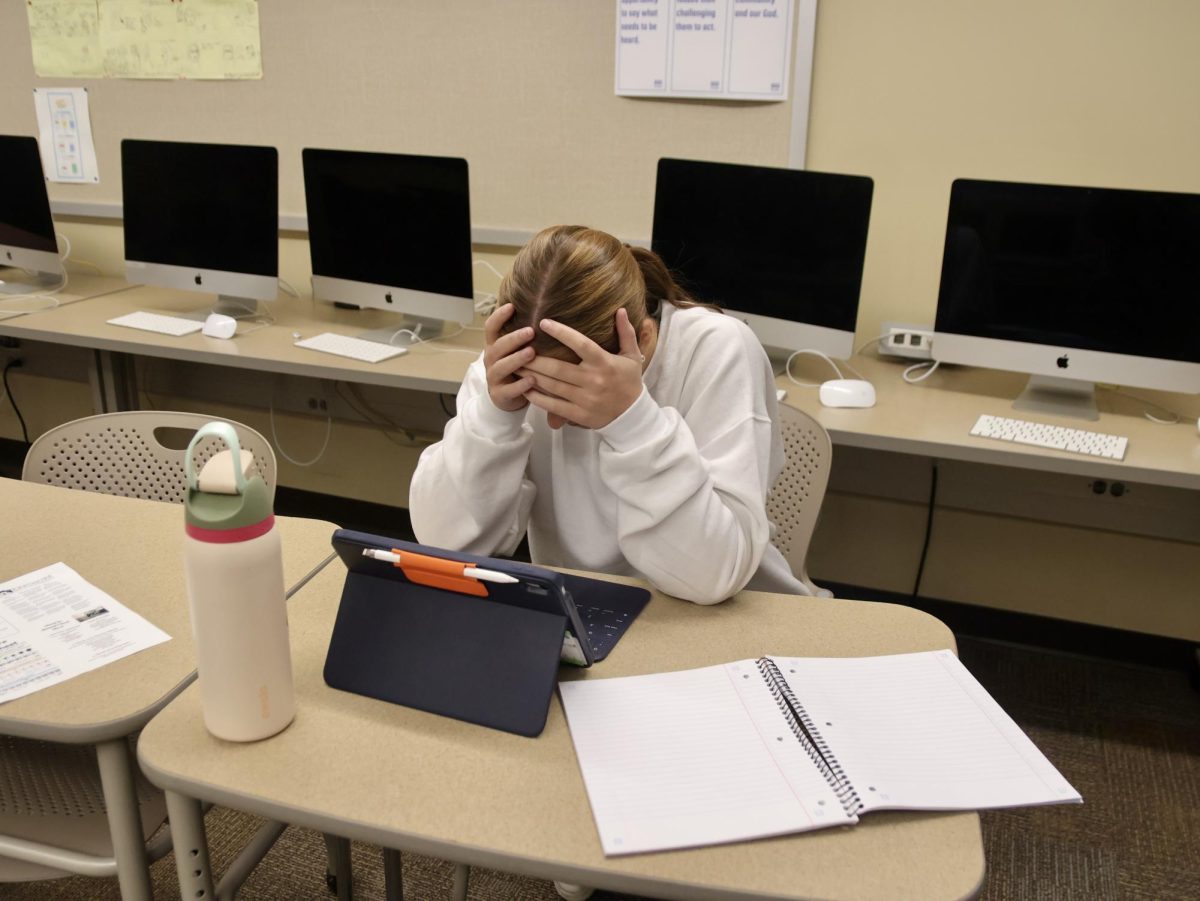With the upcoming election voters are looking for specific answers to specific issues in the country. Some of the most important questions among voters have to do with the economics in America. Whether it be the national debt, currently $35 Trillion, or inflation, many voters are looking upon the two major candidates, Donald Trump, republican presidential candidate and Kamala Harris, democrat presidential candidate, for answers to these problems. According to The United States Department of The Treasury:
“The national debt is the amount of money the federal government has borrowed to cover the outstanding balance of expenses incurred over time.”
These expenses fund programs run by the federal government such as social security or medicare. Neither major candidate has supplied the media with specific plans regarding how they will handle the issue of national debt, however through calculations surrounding the certain policies mentioned by the candidates, it can be estimated that Harris and Trump would both increase national debt, but Harris would increase it less than Trump would. The Committee for a Responsible Federal Budget ran a study and said:
“Under our central estimate, Vice President Harris’s plan would increase the debt by $3.95 trillion through 2035, while President Trump’s plan would increase the debt by $7.75 trillion. These estimates are an update of our October 7 analysis, and include additional policy proposals.”

Although Trump is projected to increase the national debt more, a voter’s decision should be swayed more due to the policies that align with the beliefs of the voter. These projections could always be wrong in the end. However, National Debt will eventually lead to problems for future generations, so that the impact candidates have on the national debt should certainly be taken into account by voters, even if not the main part leading the voter’s decision.
Another important economic issue during this election is inflation, the increase of prices or cost of daily living. Prices seem to have been skyrocketing in everything whether it be gas or groceries. This is one of the main issues in the upcoming election due the noticeable increase of inflation after the 2020 election. The current inflation rate in the US is 2.4% which has decreased in the last couple months, but prices are still similar to the prices during COVID. Both candidates have expressed their thinking and plans to handle inflation if they get elected. According to CBS News:
“Harris proposes addressing higher prices at the grocery store by attacking what she says is price gouging by large grocery corporations. Harris says she wants to target businesses that aren’t “playing by the rules” and ensure there’s competition in the industry to bring down costs.”
Harris’s idea is to attack grocery store owners who are raising prices to milk the most amount of money out of consumers. Her claim questions the morals of grocers who might have to raise prices for other reasons, but in the end should keep grocery store prices low if what she proposes ends up working. In regards to Trump’s plans CBS News said:
“He has said he wants to impose tariffs of 60% on Chinese imports and 10% to 20% on goods from other foreign countries”
Trump wants to use increased tariffs to encourage more goods production in the United States. By doing this he claims there will be more investment in the US and in turn more money. However imposing these tariffs on other countries could bring up shaky emotions in trade relationships between foreign countries, such as China, and the US. An important note is that Trump did use tariffs during his previous term as president of the United States.
Though many issues should be considered in the decision making of who to vote for, these candidates’ views of National Debt and Inflation should definitely be part of someone’s decision, as all Americans hope to see an improvement in the economy.








